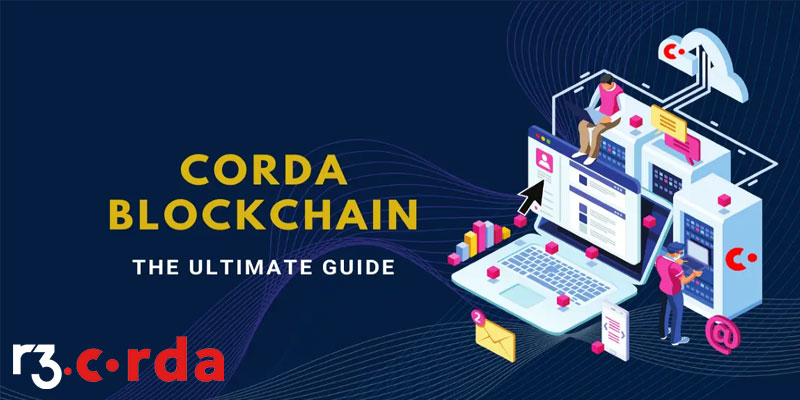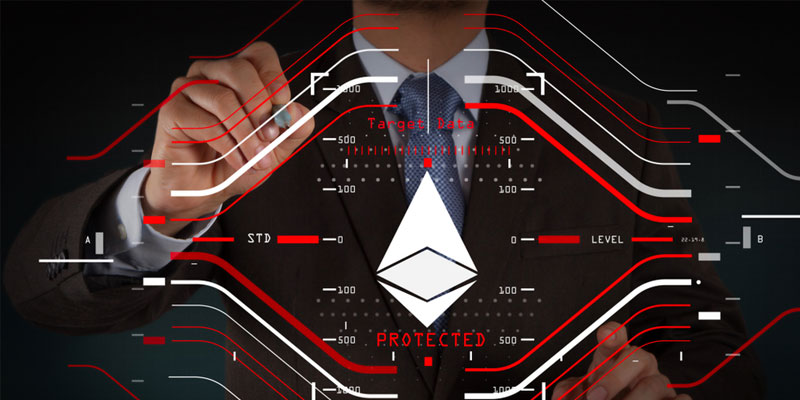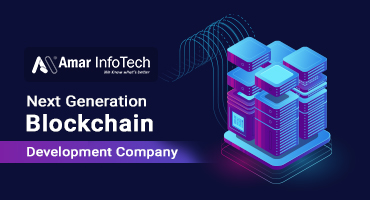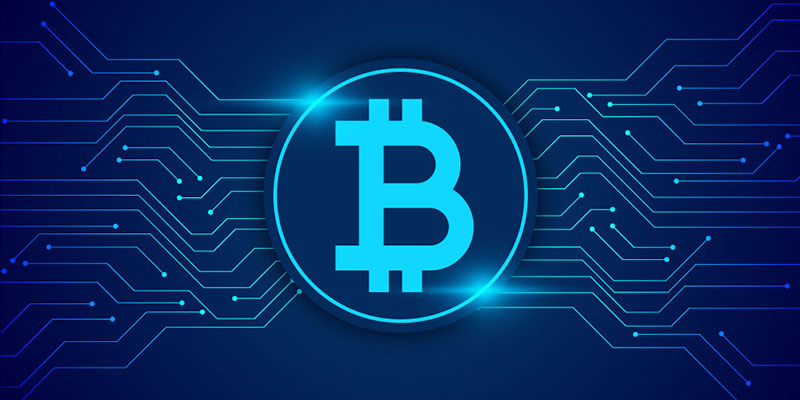Let's Connect fastest growing future tech web 3.0 blockchain group to connect & share with same minded people
Top 10 Blockchain Platforms 2022
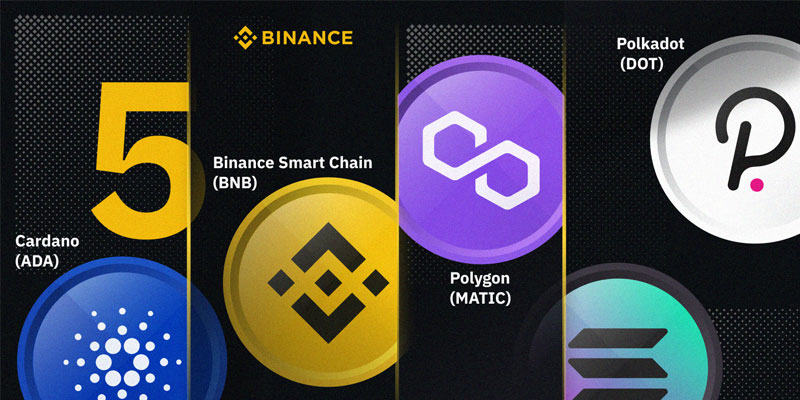 Blockchain
Blockchain
What Are Blockchain Platforms?
simple terms, blockchain platforms allow the development of blockchain-based applications. Today there are various platforms through which developers can build and host applications.
Today blockchain technology is not limited to the pilot stage, numerous sectors like finance, healthcare, banking, education, real estate, supply chain have already developed applications. As individuals, companies, organisations are more aware of the applicability of blockchain in business, so, more and more demand is raised for new blockchain-based app development in 2022.
Demanding Blockchain applications leads to utilising the various blockchain platforms. Every blockchain platform has its own set of terms. So, depending upon the sector, the company and its operations, platforms are decided.
Here, we have listed the top 10 platforms of 2022
- Ethereum
- IBM
- Hyperledger Fabric
- R3 Corda
- Ripple
- Quorum
- Tezos
Ethereum is a leading blockchain networking platform these days. It is the oldest and most well-established platform. It offers a truly decentralised structure with the support of smart contracts.
Ethereum is well known for its smart contracts and its flexibility. It is the most widespread and largely accepted among communities. It has its currency named ETH. It is a permissionless (public) platform that is designed for mass consumption. It holds a mature ecosystem of tools for writing smart contracts in Solidity programming language that runs on the Ethereum virtual machines. It also supports C++ and python programming languages.
The most efficient use of Ethereum is in NFTs. Ethereum provides the feature of tokenization where everything is tokenized (Labelled) to create a digital identity.
Ethereum is quite slow in the transaction process and also quite expensive than other networking platforms as it is a proof-to-work based system. But shortly it will be improved by adopting a more efficient mechanism of security.
IBM is the initial company to utilize blockchain technology for more efficient organization. It is a (permissioned) private and decentralised and widely used for enterprise clients. The IBM network was designed to be the most flexible, customized blockchain development tool.
It is well known to make a user-friendly interface to simplify the complexity of functionality and smart contracts. IBM is making innovative blockchain models for financial institutions and supply chain management.
The major advantage for developers as it provides 30 days free trial for users. It is connected to the free IBM cloud Kubernetes cluster. It is an open-source and community-based network. This platform supports Go and Java programming languages.
Hyperledger hosted by the Linux Foundation launched in 2016. It is open-source cross-industry blockchain technology. The purpose behind Hyperledger is to enterprise based distributed ledger frameworks and code bases. Hyperledger is utilized in many sectors like finance, supply chain, internet of things, manufacturing.
Hyperledger fabric is an attractive blockchain framework for enterprise solutions. Its modular architecture allows plug and plays components around consensus and membership services. It uses closed blockchain deployments which improves security and speed.
It also improves the privacy of transactions as it facilities the isolation of the transaction. There is no need to save the whole ledger channel any organization can join the channel without copying the history of the ledger. This enables quick startups and fewer storage requirements.
Some of the world’s biggest financial institutions have created an open-source distributed ledger, R3 Corda. They have pioneered this network to facilitate the banking sector but due to its wide utilities, it is not limited to banking it is used in the supply chain, insurance, healthcare, trade finance and government.
It is a permissioned (private) data-driven network. So, it restricts the entry of any outsider who is not entitled to enter. There is no token or building currency for Croda. It helps to manage the complex financial systems of banks and other financial institutions. It is known for its interoperability of data in the most secured form.
The pivotal benefit of this platform as records real-time transactions which can improve performance compared to other types of network platforms.
Ripple was launched in 2012 and it is a rename of Opencoin. The primary motive of Ripple is to connect various banks, payment providers, digital assets exchanges around the globe without charging fees for it. It enables global payments with its currency called ripples or XRP.
Ripple is the most popular currency after Bitcoin and Ether. Ripple is the fastest and most scalable among all other blockchain networks. It allows cross ordered payments with minimum cost and sends payment across various networks.
Quorum is developed by JPMorgan to enhance the enterprise version of Ethereum. The purpose behind Quorum is to facilitate speedy permissioned transactions. So, it does not use the proof-of-work structure rather it uses vote based and other algorithms which enables the process of hundreds of transactions per second.
Quorum is designed to develop a model which diminishes the loopholes of the Ethereum network platform. It adopts all the updates of the Ethereum network. It is an open-source platform, free to use and encourages experimentation.
It supports faster private transactions between banks and insurance companies.
Tezos is an open-source decentralised platform that enables smart contracts. Tezos is using proof-of-stake which is cost-efficient and required less energy to operate and to make new applications.
Author Name : Kiran Sagar


